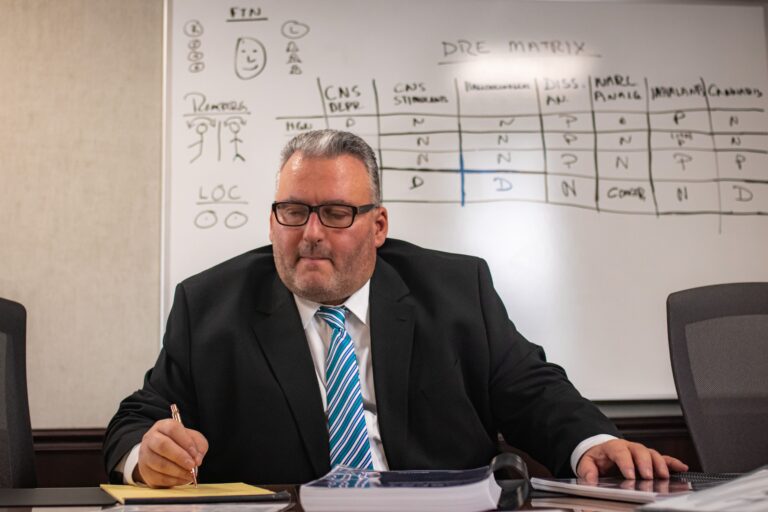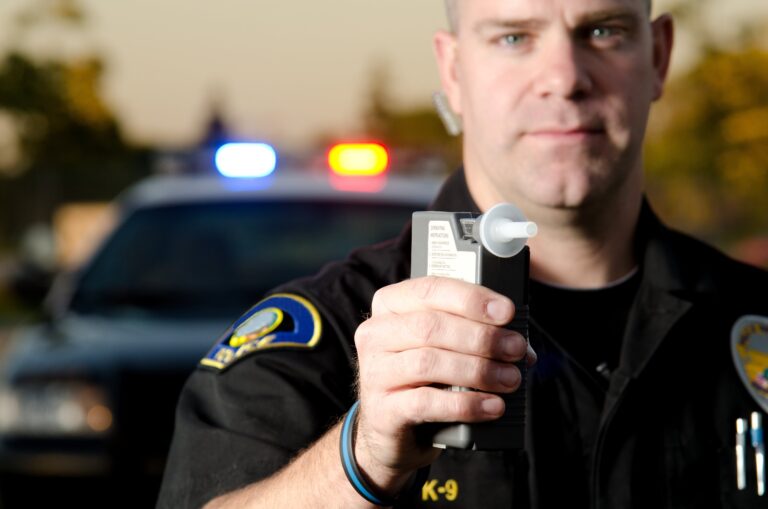New Illinois DUI Law Could Change Driving Rights: What House Bill 2658 Means for You
If you’ve been arrested for DUI in Illinois, the consequences are immediate and far-reaching. License suspension, mandatory BAIID devices, restricted driving permits and the ripple effects can disrupt your career, family responsibilities, and daily life. But a proposed change in Illinois law may reshape how the state handles restricted driving rights after a DUI conviction.
Illinois House Bill 2658 (HB2658), currently under review by lawmakers, would expand certain driving privileges for individuals with DUI convictions. As a DUI defense attorney who has been helping clients navigate these complex laws since 1999, if this bill is passed it could offer relief for many drivers who are working hard to rebuild their lives after a mistake.
What Is House Bill 2658?
HB2658 is an amendment to the Illinois Vehicle Code. It specifically addresses the rules governing restricted driving permits (RDPs) and the use of Breath Alcohol Ignition Interlock Devices (BAIIDs) for people with past DUI convictions. If enacted, the bill would expand the flexibility of restricted driving permits, streamline appeal processes, and offer limited exceptions to BAIID requirements for employment purposes.
Under the proposed changes, individuals who are eligible for an RDP would be allowed to drive up to six days per week, 12 hours per day, within a 200-mile radius of their residence. Most importantly, the reason for travel would no longer be limited strictly to employment or education. Instead, driving would be permitted for any lawful purpose, a notable shift that would help many clients maintain not just their jobs, but also their caregiving roles, medical appointments, and more.
Another crucial aspect of the bill would allow the Illinois Secretary of State to approve RDPs without the requirement of installing a BAIID device in employer-owned vehicles, so long as the person is driving the vehicle in the course of employment. This is particularly relevant for tradespeople, delivery drivers, and others who rely on commercial vehicles to earn a living, a group that has historically faced steep challenges after a DUI conviction.
Additionally, HB2658 would allow for informal hearings to be held at any Illinois Secretary of State facility. This could make the process of contesting a suspension or revocation more accessible, especially for individuals living outside of Cook County or without easy access to Chicago.
Why This Matters for Illinois Drivers Facing DUI Charges
For many of my clients across Cook, DuPage, Lake, and surrounding counties, one of the most stressful aspects of a DUI arrest is the immediate loss of driving privileges. Whether you’re a single parent in Aurora, a sales rep covering territory from Napervilleto Rockford, or someone attending outpatient treatment in Waukegan, being unable to drive can have a devastating impact on your life. This bill acknowledges that hardship and seeks to provide more reasonable, humane options without compromising public safety. By allowing more flexible RDP conditions and recognizing the importance of employment-related driving without strict BAIID installation, HB2658 aligns more closely with the goal of rehabilitation over punishment.
Public safety advocates, of course, are keeping a close eye on this legislation, and it’s important that safeguards remain in place. As a defense attorney, I support careful reform that allows people to recover from a conviction without unnecessarily harsh restrictions that can lead to job loss or worse.
What Should You Do If You’re Facing a DUI in Illinois?
First, know that a DUI arrest is not the end of the road. There are strategies, sometimes very technical ones that can lead to reduced penalties or even dismissal, depending on the circumstances of your case. In a recent case in DuPage County Court, for example, I helped a client retain limited driving privileges after identifying procedural errors in the initial traffic stop. Every detail matters, especially when you’re dealing with court procedures in high-volume jurisdictions like Cook County or strict ones like Lake County.
Second, stay informed about legal developments like HB2658. Laws change sometimes rapidly and your options can expand if you have the right advocate on your side who understands how to apply new rules effectively in court and at license reinstatement hearings. Finally, if you or someone you care about is currently facing DUI charges, don’t wait. The sooner you take action, the better your chances of protecting your license, your job, and your future.
Questions About HB2658 and DUI Driving Rights
What is a Restricted Driving Permit (RDP) in Illinois?
An RDP allows individuals with suspended or revoked licenses to drive under specific conditions. This often includes driving to work, school, or medical appointments. HB2658 would expand these conditions, allowing broader legal travel.
Will I still need a BAIID device if HB2658 passes?
Yes, in most cases. However, the bill provides some exceptions especially when you’re driving a vehicle owned by your employer during work hours. The Secretary of State would determine eligibility on a case-by-case basis.
Does HB2658 apply retroactively?
Currently, no. The bill would apply only to future RDP applicants once enacted. However, legislative details could shift as the bill advances.
Can I request an informal hearing under this bill?
Yes. HB2658 would allow informal hearings at local Secretary of State facilities, making the process more accessible, especially outside major urban areas.
How soon could HB2658 become law?
The bill is still in committee as of early 2025. For the latest updates, you can follow its progress through the Illinois General Assembly website.
Call Today for Help With Your DUI Case
Facing a DUI charge in Illinois is overwhelming but you don’t have to go through it alone. With over two decades of courtroom experience across Cook, DuPage, Lake, Kane, and surrounding counties, I understand how to protect your driving privileges, challenge license suspensions, and guide you through complex administrative hearings.
If House Bill 2658 passes, it could open new paths for relief but even under current law, there are proven strategies that can help you move forward. Don’t gamble with your license or your livelihood.
Call Andy Sotiropoulos today for a confidential consultation. Let’s talk about your case, your options, and how to get your life back on track.






